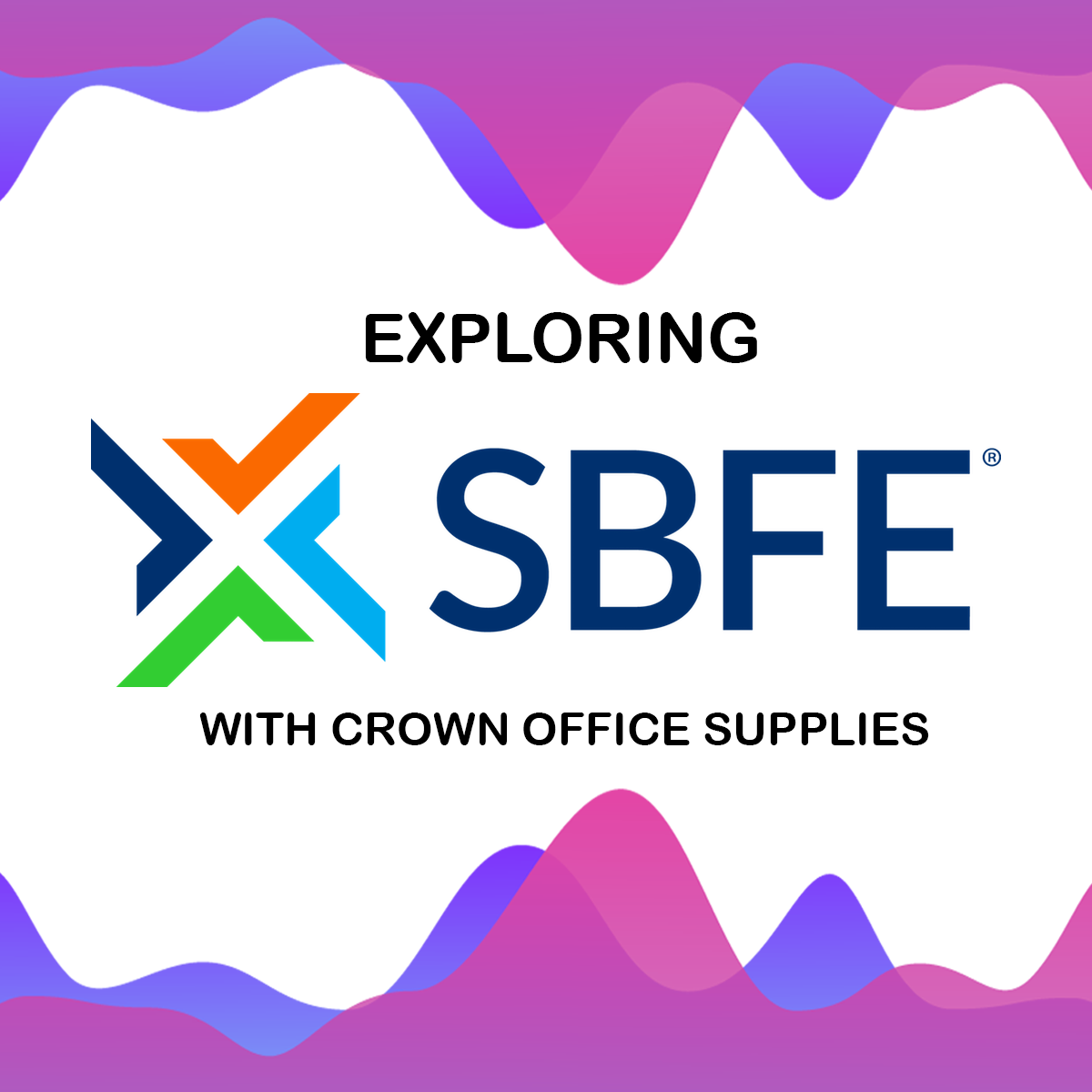Small Business Financial Exchange (SBFE) – What do they do? Leave a comment
Whenever a consumer makes a payment, whether, through their credit card, a mortgage, car payment, etc., the payment is likely to show up on the user’s credit report. A credit report is a detailed report stating the previous credit history of a consumer, listed by a credit bureau.
Similarly, for a business owner, there is a business credit report that lists down all the subject payments of the business, including commercial lease payments, auto payments, payments to suppliers, loan payments, etc.
Business credit performance history is reported through commercial credit exchanges and business credit reporting agencies. They research and collect all credit history of a business, shown in the form of a commercial credit report. The business credit report is then used to create a business credit score. The business credit score is essential for the business to find future investors or work towards collaborations with other companies.
One of the most renowned commercial exchanges that commercial data is SBFE (Small Business Financial Exchange).

What exactly is the Small Business Financial Exchange (SBFE)?
SBFE is a commercial data exchange and a trade association for small business lenders and merchant acquirers. SBFE is led by the small business lending community and made up of a Board of Directors that are all small business lenders. SBFE was established in 2001 and its members have been contributing data on their small business customers. The lenders and merchant acquirers that are members of SBFE may access SBFE Data-driven credit products such as credit reports and scores built and offered by SBFE certified vendors to make credit decisions or better manage their portfolios.
The membership for SBFE is open to all commercial lenders, be it banks, leasing companies, or even lending alternatives. Being a member means the entity has to submit all credit information of companies that they lend to every month. This allows the licensed and approved Certified Vendors to generate SBFE Data-driven reports, both positive and negative, of small businesses . One can say SBFE is a give-to-get exchange for small business data.
How is SBFE beneficial for businesses?
If one applies for a financial loan from a company that is also a member of SBFE, the companies business credit report will most likely be generated. If the company pays back the given loan promptly, the company’s credit report will give a positive outlook.
Having a positive SBFE report helps small businesses get approved for financial assistance. It also helps businesses get approved for more substantial and more significant loan deals. Though if the business has a negative SBFE report, they won’t be eligible for better loans and will have to turn towards equipment leases or small business bank loans.

What information does SBFE collect on small businesses?
SBFE collects from SBFE members the payment performance history on their business customers to help lenders make future credit decisions. The information collected includes positive payment information, negative payment information, credit card payment history, lease payments of the company, and business identification data.
More about SBFE
– SBFE is not a credit reporting agency and does not self-create or sell commercial credit reports or scores. Instead, SBFE has designated the credit report and score building to a specific group of approved SBFE Certified Vendors to create these reports. The SBFE Certified Vendors include Dun & Bradstreet, LexisNexis Risk Solutions, Experian and Equifax. Only SBFE members can access the SBFE Data-driven credit risk products from these 4 commercial credit reporting agencies. These scores are extremely important for funding but are not accessible using commercial credit monitor.
– The SBFE data-driven credit reports generated on small businesses are only accessible by SBFE members to measure credit risk etc.
– The SBFE Data-driven credit reports offered by the 4 SBFE Certified Vendors holds value because SBFE members can access it for their own credit risk assessment.

